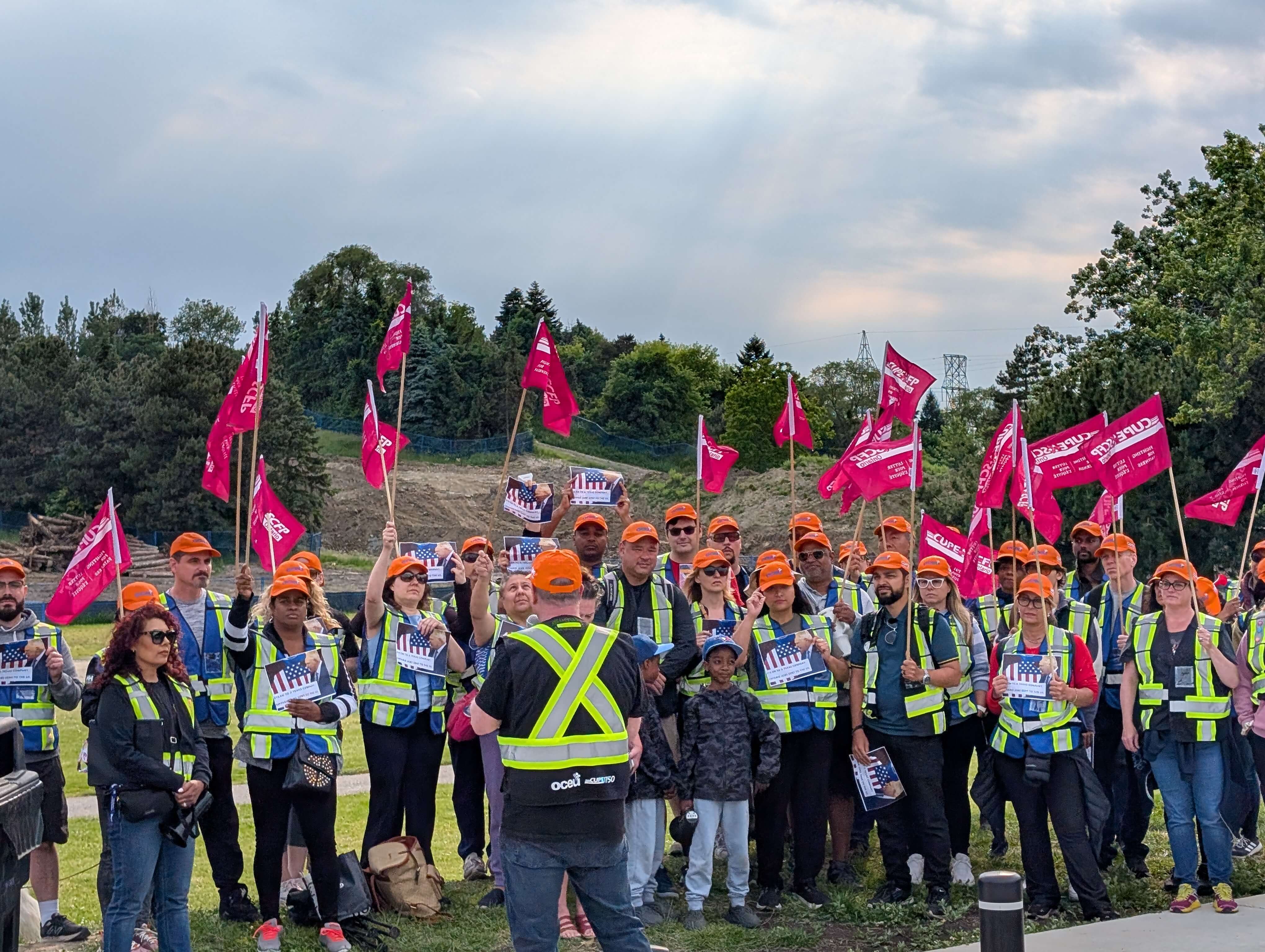COO explains how organization is working to embed a culture of workplace safety in all sectors

As an organization primed to promote health and safety in the province, Jamie Hall, COO, SAFE Work Manitoba says:
“Our focus really is on building programs and enabling the community of safety and health providers in the province to succeed.”
SAFE Work Manitoba is a division of the Workers’ Compensation Board (WCB) of Manitoba that is dedicated to preventing workplace injury and illness.
“Our commitment is to strengthen the culture of safety across all of Manitoba, from when you get your first job to when you retire,” says Hall.
At the moment, SAFE Work Manitoba works with six different industries to help them strengthen or build associations or programs that are relevant and dedicated to their industry, “and so that they have meaningful and relevant services, programs and connections with their member employers and workers in each of their industries,” says Hall.
“We see our role as building, solidifying and enabling this community of organizations with the goal to improve safety and health in the province,” he says.
Key industries
SAFE Work Manitoba works with a number of key industries:
“In the construction industry, Manitoba has a strong legacy of safety programs, both in building construction and road construction,” says Hall.
The organization is also closely working with established programs in the manufacturing sector, the trucking industry and the service industry that each provide programming focused on reducing injury and illness.
SAFE Work Manitoba is also working with leaders in the healthcare sector – including government, employers and unions – to build a safety association in that sector.
New training standards
Now, SAFE Work Manitoba is shifting its training strategy.
“One of our strategic initiatives that we’ll be rolling out later this year is a training standards program,” he says. For example, for employers wishing to purchase working at heights training for their workers, SAFE Work Manitoba will endorse the offerings of training providers that meet the standard.
“Our focus is shifting to building a platform for safety and health training standards so that employers and workers can access high calibre training when they need it.”
Though the pandemic has been tough, Hall says that it has also accelerated their understanding of other ways to deliver services:
“We do want to return to some level of in-person delivery of services, but in a province like ours that is geographically dispersed and has workers in very isolated areas, what we discovered is [the advantage of] virtual services.”
Virtual services allow for the organization to have a broader reach in the province, and allows for more people to access those services.
The organization also offers a certification program, “which provides a measuring stick for employers to assess their safety and health program,” says Hall.
CCOHS
Hall’s favourite part of his role is “engaging with different industries, and learning about [them].” He lauds the diversity of industries and types of work that exist in the province.
“My favourite part is when I’m meeting with a group of committed safety people in an industry that I don’t know a whole lot about, and working together to apply safety and health principles or fundamentals.”
Hall has spent four years as Manitoba’s representative on the Canadian Centre for Occupational Health and Safety’s (CCOHS) Council of Governors:
“I was honored to be appointed and to be nominated to that role.”
He says that the CCOHS has been a “strong partner”, and has certain strengths that they can leverage in the province to the benefit of Manitobans:
“The biggest example is the e-learning offerings that they have, that helps us make that training free for all Manitobans. If you’re a worker in Manitoba, you can access a whole suite of CCOHS online training.”
“The other thing that CCOHS brings is their expertise, knowledge and reputation with regard to safety and health.”





